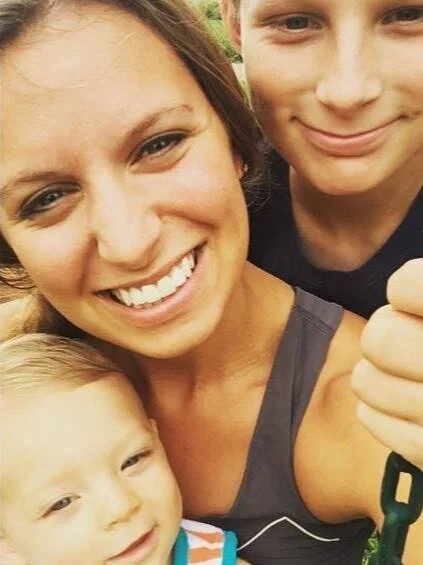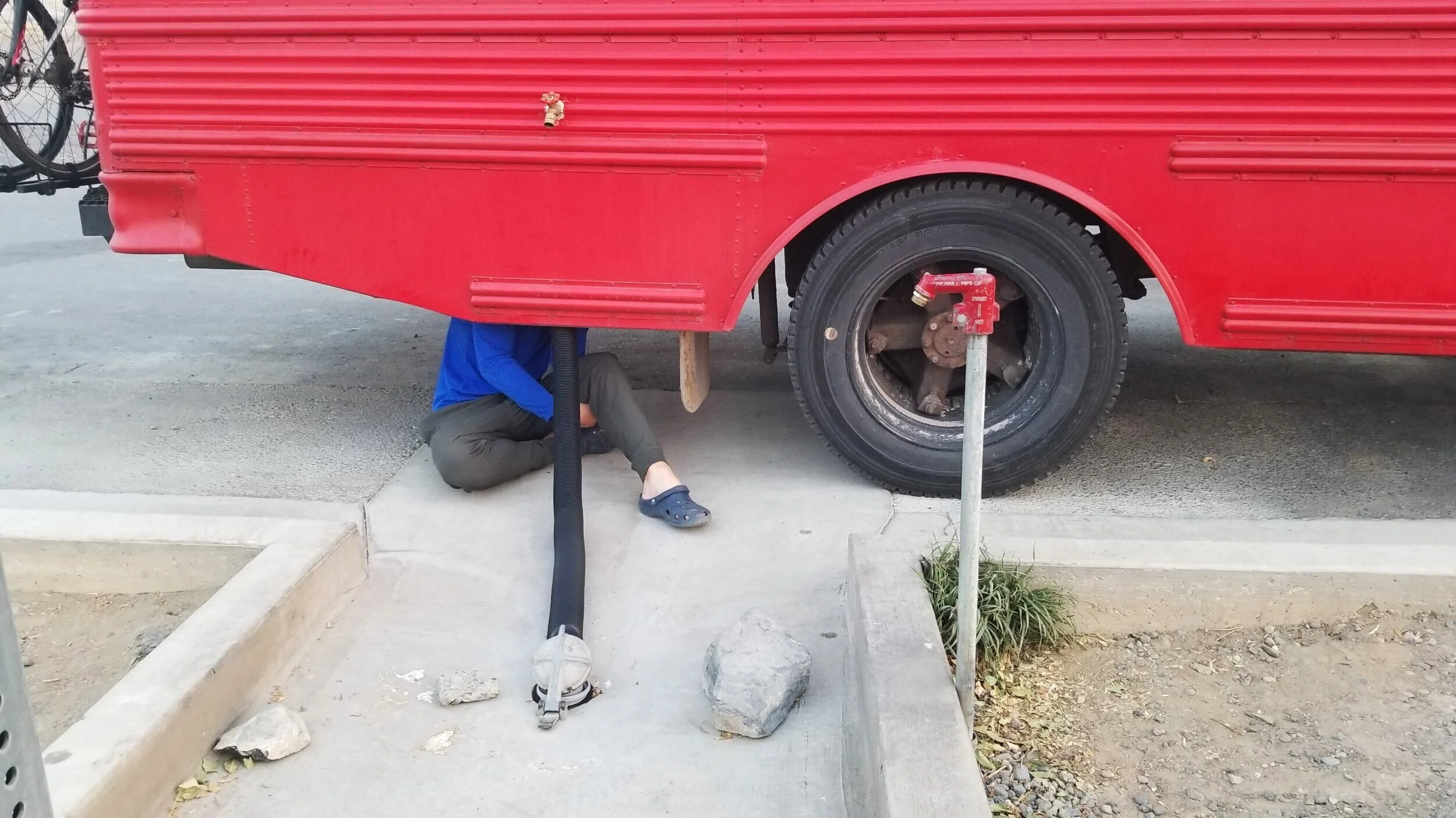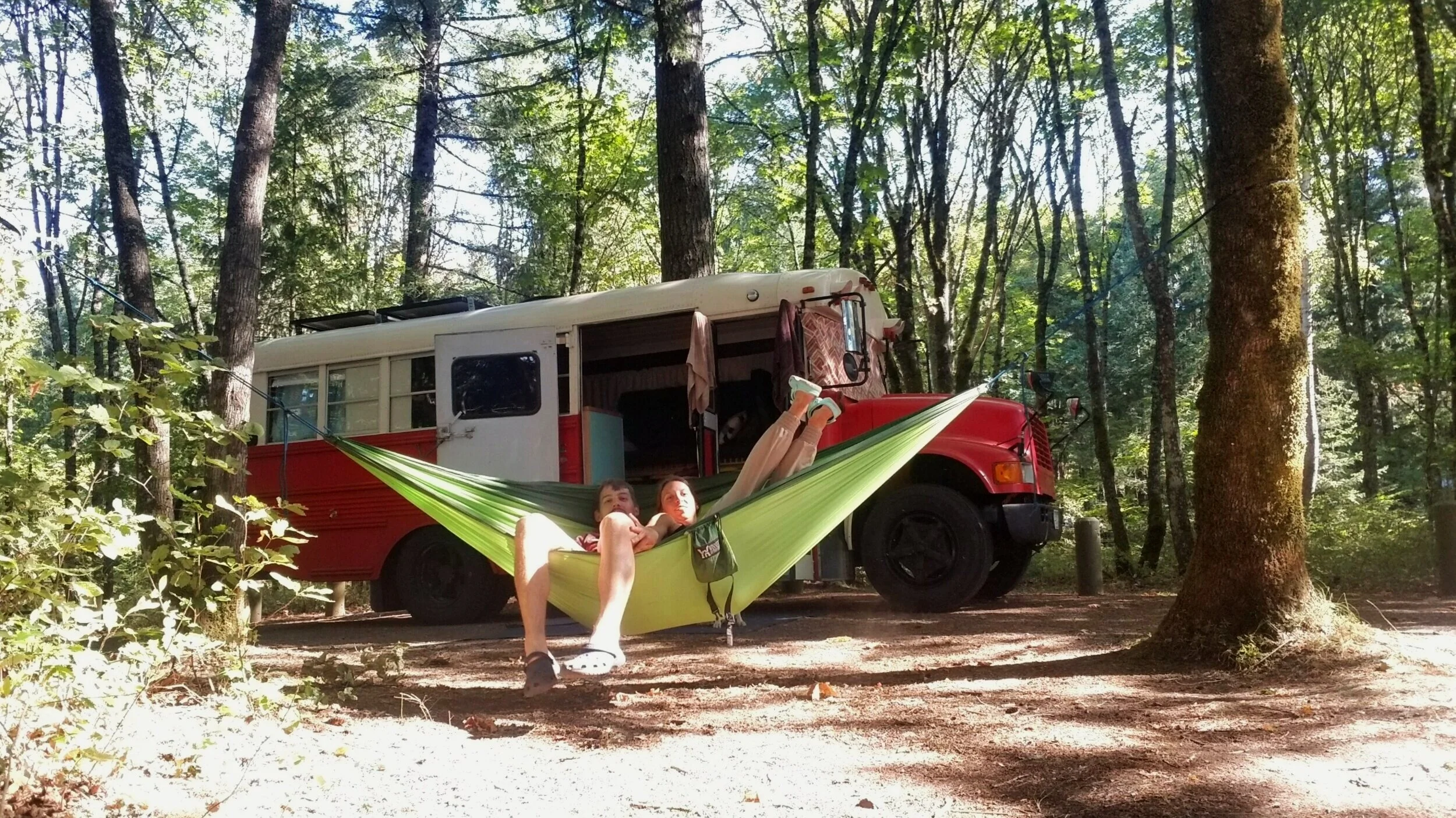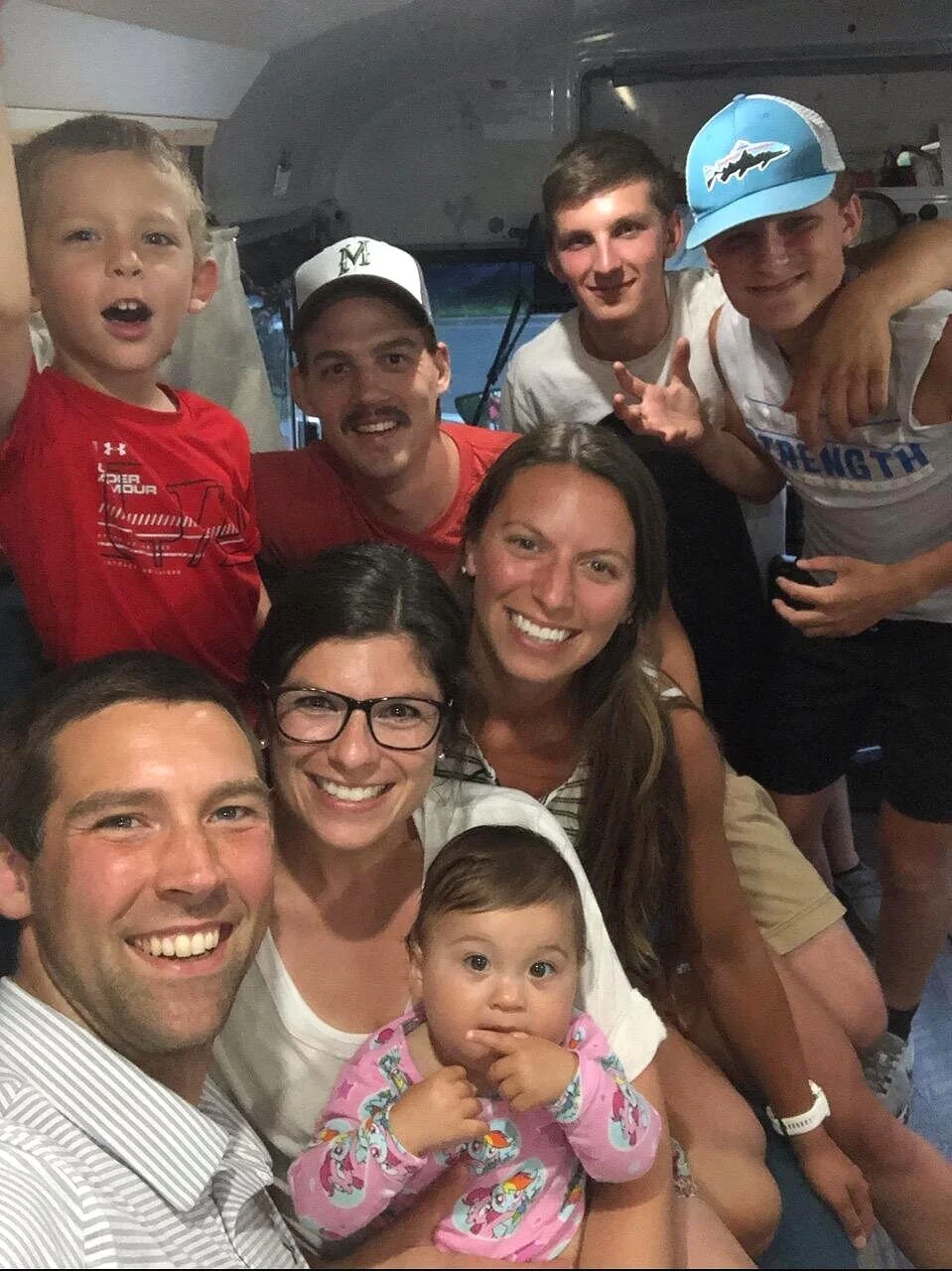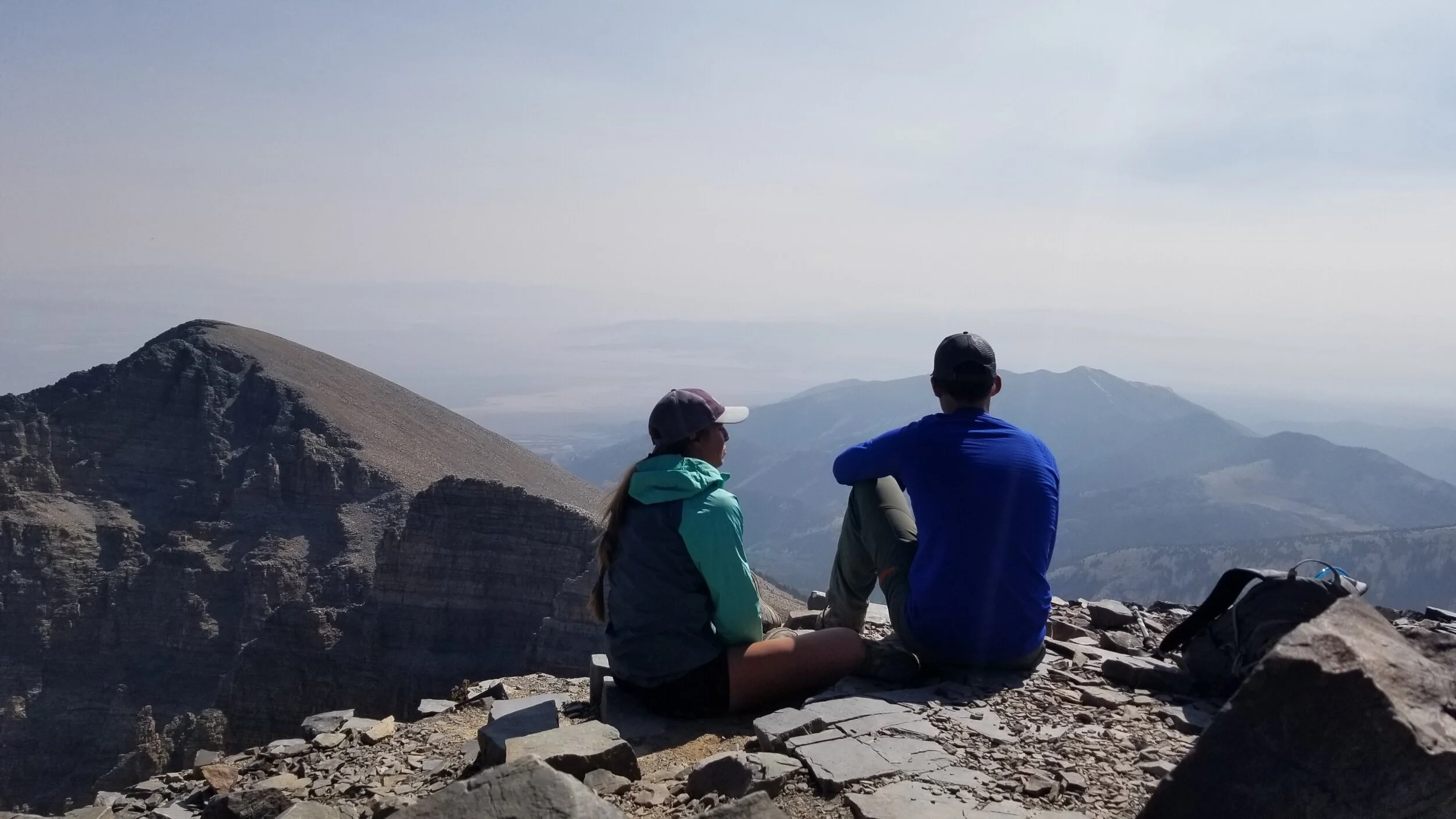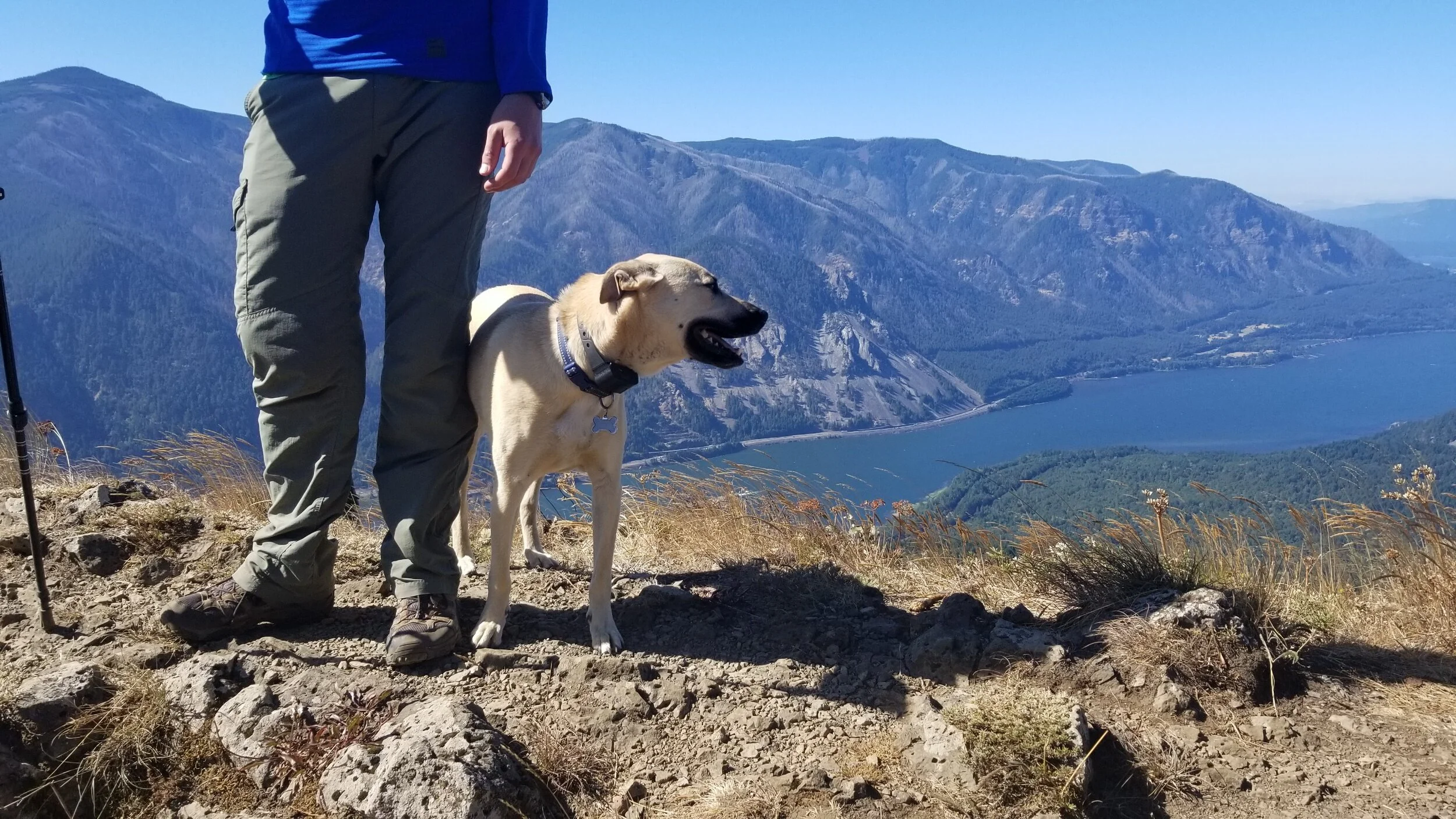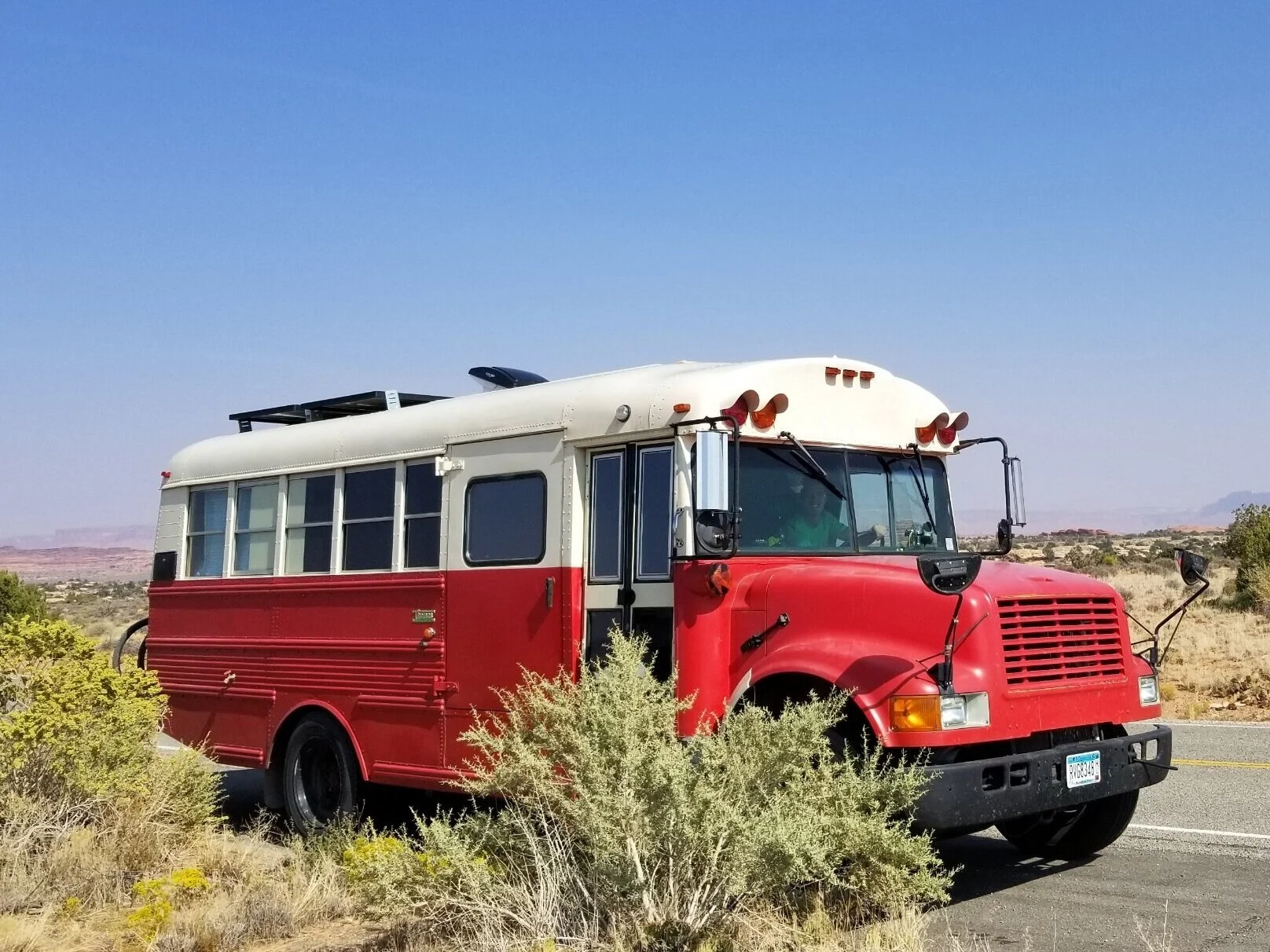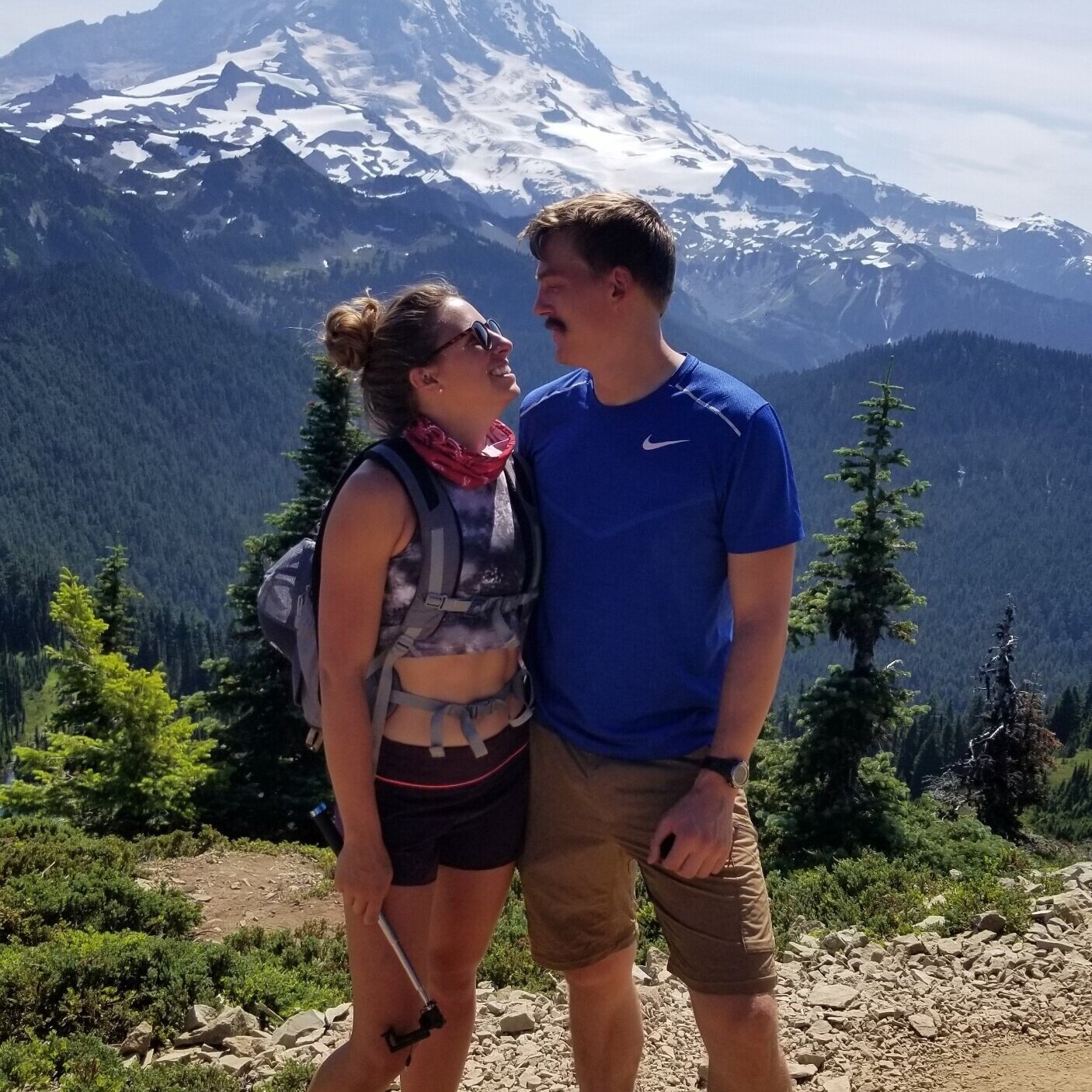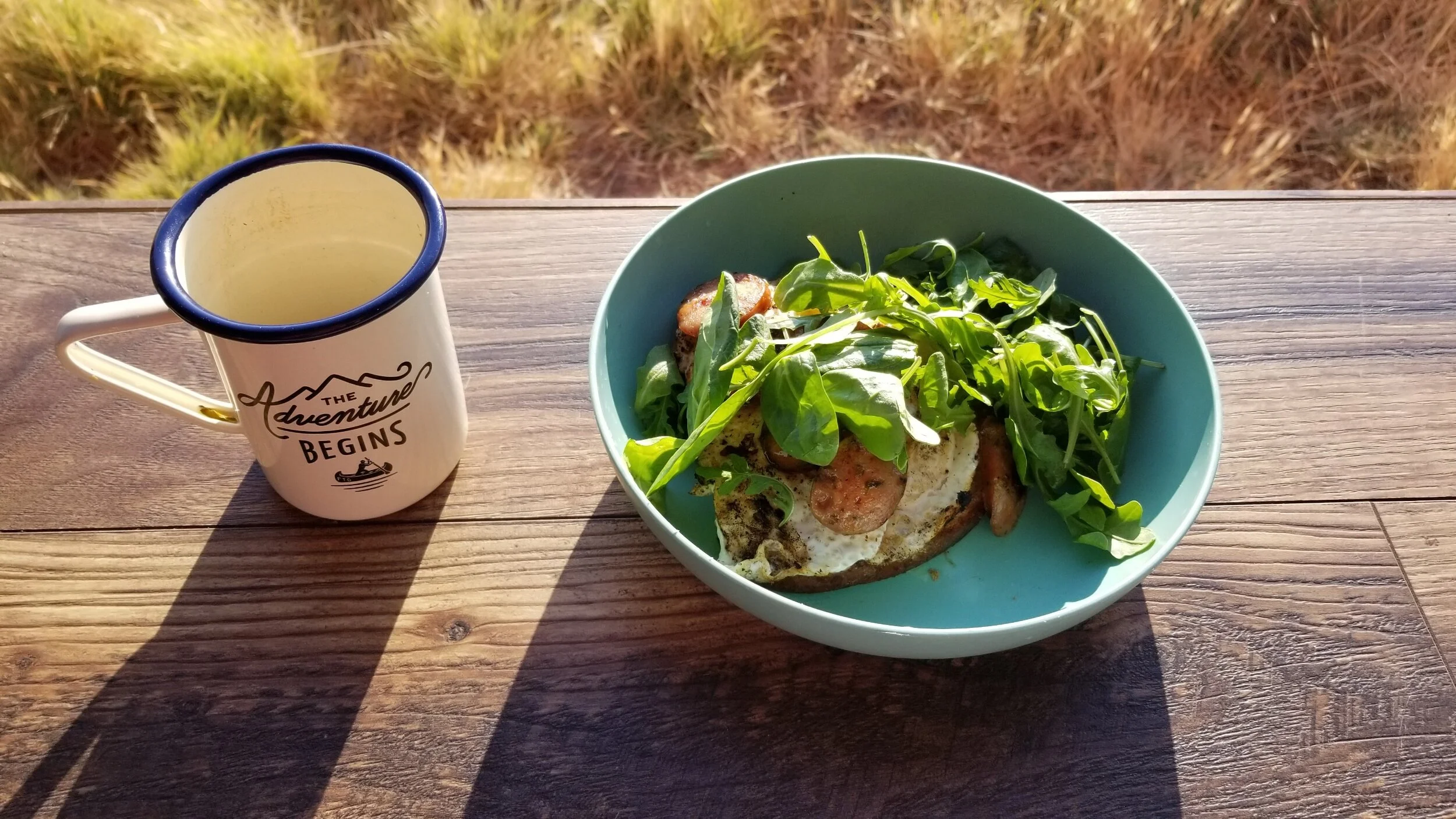Living out of a Bus Ed. 3 - The Hard Things
It’s Thursday, Sept 10th. We have been on the road for exactly 48 days and were supposed to get married in 3. We have traveled ~3,500 miles in just under 7 weeks. Although I have only experienced 2 periods in the bus, I feel like the honeymoon phase of living in a bus has passed, and reality of what this life entails has set in. At the end of the day, we feel like there is WAY more benefit from this lifestyle than negative, but there are still HARD things about living on the road. This week in particular has been tough as we continue deeper into Cali in Sept 2020 - trying to avoid COVID, the incredible heat wave, and now wildfires. And at the same time, ensuring we are safe, but also get to adventure, shower once in a while, and keep the bus running. So this is an honest post, about the hard things about bus life & things that help us make the hard things less hard. :)
The Hard Things
1) Always on the move -
When your home is on wheels, you have a budget and you have a timeline, so there is a lot to consider when looking at a map. We probably have a pretty aggressive plan compared to some, but I would say ~5 days of the week, we are on the move. It may only be 50 miles, but on the move, nonetheless. As much as I like to say I am a roamer and don’t do a whole lot of advanced planning, I do a lot of advanced research. When I get to a new place, I want to know what there is to see! That is every new city, every new park, every new mountain. I am trying to take a chill in this category because it gets to be a lot, like a full time job a lot. Thankfully, I am not working right now, but research is also tough when you don’t have service which is in most NPs and NFs which brings us to our next point…
Things that have helped us:
Plan your week, loosely, in advance. When we are on the same page about our route, things go much smoother.
Find a pattern that isn’t draining. For us, for every 3 nights or so that we move everyday, we need to stay somewhere for 2 nights. It helps us get a chance to breathe, actually relax, and forget about planning tomorrow today & just be in today..
Don’t stress about “missing things”. No one is able to see EVERYTHING the first time around. There is a lot of life left, we’ll be back :)
Find reliable apps that make life easier - Maps.me is great in offline mode, hiking trails included, but you need to download the area map in advance! For camping: Adventure Atlas, Free Campsites, Free Roam, Google, Hipcamp.
2) Internet / service / wifi -
We knew this would be a challenge on the road, and I have discussed this some in my other posts (see here for what we use), but I think it will always be a challenge with our travel pace. Paired with 1) always being on the move, we are constantly trying to plan around Jake’s work schedule and cell coverage zones. Which by the way, Verizon maps terribly; I would give their coverage map 20% reliability, max. But not only for work, internet is very needed for doing trip planning - there is only so much information an atlas printed 5 years ago can offer - and “do you have availability tonight” is not one of them!
Things that have helped us:
Having multiple tools in your toolbox. If you are looking at working on the road and depend on being connected, know it can be done, but have a few different tools in your bag (extenders, hotspots, etc) AND/OR be prepared to spend private campground prices to get wifi (2-3x) AND/OR being prepared to stay in cities often - Walmart parking lots typically have service. :p That just doesn’t really fit our style of “adventure” exactly.
Work PT or with a flex schedule. Thankfully Jake is only working PT, but that still means guaranteed service 3 days / week. However, if we are hitting up a NP or something where we KNOW we won’t have service, we can typically plan his hours around that. Or we plan those spots around his known work schedule.
Try to do some planning in advance. Even if it’s loose planning or taking a few screenshots of the camping options map, this can be helpful if you unexpectedly lose service! That way, you at least know something going in.
Read reviews. We have found national forests with cell signal; I can often find reviews saying cell signal or no cell signal somewhere in the ether.
3) Ruby’s performance -
When you are in a ~10 ton vehicle that has a max speed of 58mph and struggles driving steep uphill grades, temps over 80F, and bumpy dirt roads, you have to have a special kind of patience. Ruby’s limitations are outlined more thoroughly in this post.
Things that have helped us:
Patience, patience, & more patience (my greatest weakness or what some call opportunity)
Watching forecasts & avoiding driving in the hottest times of the day
Cribbage breaks on mountain pass pull-offs
4) Bus care -
There are some things in any traveling vehicle that are less-glamorous. Some predictable and others less predictable, guaranteed with a DIY rig.
Predictable, toilet - dumping your waste out of the toilet has to be done. It’s not a fun job, and yes it will smell & you will probably get some pee on your hands, but that’s what hand sanitizer and soap is for! :p We have a simple porta-potti toilet that has a 5 gallon fresh tank and 5 gallon waste tank.
Things that have helped us:
Using porta treatment for reduced odor
Having high consequence if someone #2s
Dumping at least 1x/week, even if it’s not even close to full!
Predictable, dumping & filling - we do not have a black water tank (toilet tank mentioned above it our “black water”), so I imagine this is less painful for us than some. Gray water (sink waste) is also pretty nasty though - fermenting egg and toothpaste do not mix well together. This is also a cost to anticipate! Filling the tank is more monotonous than anything. This is not a “dirty job”, just something the bus will require care of if you want to continue doing dishes & periodically taking outdoor showers!
Things that have helped us:
Do not wait until the tank is full to dump.
Flush it periodically! We recently flushed 10 gallons or more of fresh water through the tank to give it a good rinse.
Add water tank treatment
Don’t put the dump hose behind the bus tire when the bus is backing up. #SMH
Unpredictable, bus maintenance - thankfully, none of our bus issues have led to major cost thus far, but I do read about other skoolies that people completely abandon due to the cost of fixing. If something is not sounding right, feeling right, or wiggling right, I would check it out - by yourself or by a profesh. We recently had a headlight go out & ended up spending ~2-3 hours in the NAPA parking lot trying to change them because simple tasks are never simple with a skoolie.
Things that have helped us:
Budget for it! We currently have $250 / month in the budget, but understand than a major issue could cost in the thousands.
Keep a tool bin in the bus!
5) Unpredictable world events -
COVID closures and procedures - COVID was already a thing when we departed, so we were somewhat prepared for this one, but each state handles it differently. Thus far, California has been the worst. Very few people even wear masks here! Aside from our personal safety, some places have closed the doors to services. See my post about traveling during a pandemic!
Things that have helped us:
Keep masks handy & buy a clava for hikes
Call ahead and ask about services impacted
WILDFIRES - this is a new one that has completely thrown us a curve ball. We were aware of the fires, but aside from hazy skies, haven’t really experienced the effects. We were in Lassen NP, mostly without service for a couple days, and came out of the park to a completely blacked-out city & all National Forests having closed in the state. We are now working on a re-route plan to get out of California and hopefully come back when the fires are under control.
Things that have helped us:
Still trying to navigate…loads of research & talking to locals has been the strategy thus far
Weather - you can do as much research about averages in area ‘x’ and ‘y’ and still not be able to predict 112F heat.
Things that have helped us:
Being flexible. We planned to stay in Redding for a day or two, but once we were living in 100+ heat, we dipped ASAP.
Having a battery bank that can power our AC unit
BLM stuff (that is Black Lives Matter, not Bureau of Land Management) - coming from Minneapolis, we were conscious of this. The only city we actually skipped because of it was Portland.
Things that have helped us:
Awareness
6) Space, or lack of -
I actually think 4 months of quarantine with Jake & I working from the same house and mostly only seeing each other prepared us well for this trip. Know your space is your space & will not change - 150 sqft is just that. We have hit maybe 1 or 2 rainy days thus far, so I typically set-up outside and Jake sets up inside. Cooking & cleaning throughout the day can be challenging & sometimes I get really annoyed of overhearing his work calls. :)
Things that have helped us:
4 months of quarantine before moving into the bus :D
Noise canceling headphones
Having separate routines (including workouts) & initiatives on a typical day
7) Missing home -
Birthdays, graduations, new babies, you name it! Those things don’t stop or get put on pause when you leave home. I have been away for long periods of time before, so this isn’t new for me, but doesn’t make me less sad.
Things that have helped us:
4 months of quarantine & isolation
Zoom calls and Facetimes (or FB messenger if you are #Android fam like me)
Sending postcards from the places we have been! This has been a tradition for all of my travels. It makes you feel connected even when you are far from connected.
Meeting friends & family while on the road. We have quite a few friends that live out west that we are fortunate to be able to get to spend some days with!
Those are the Top 6 things I have found that are the most difficult with bus life. I think the common theme for dealing with them is being flexible, giving each other grace, and keep the expectations to a minimum - of each other and of the bus’s performance. It’s a very freeing life, but it also comes with maintenance, work, and a cost (which I plan to cover in my next post!)
Peace, love, and happy adventure planning!
yo’ girl Jen (& the bestest Legatt sib clan)
PS) for all of you worried about where you will do the laundry - check this post out! It goes over all of the tips to getting FULL life out of all outfits! Just make sure to have ample supply of deodorant on hand ;)
